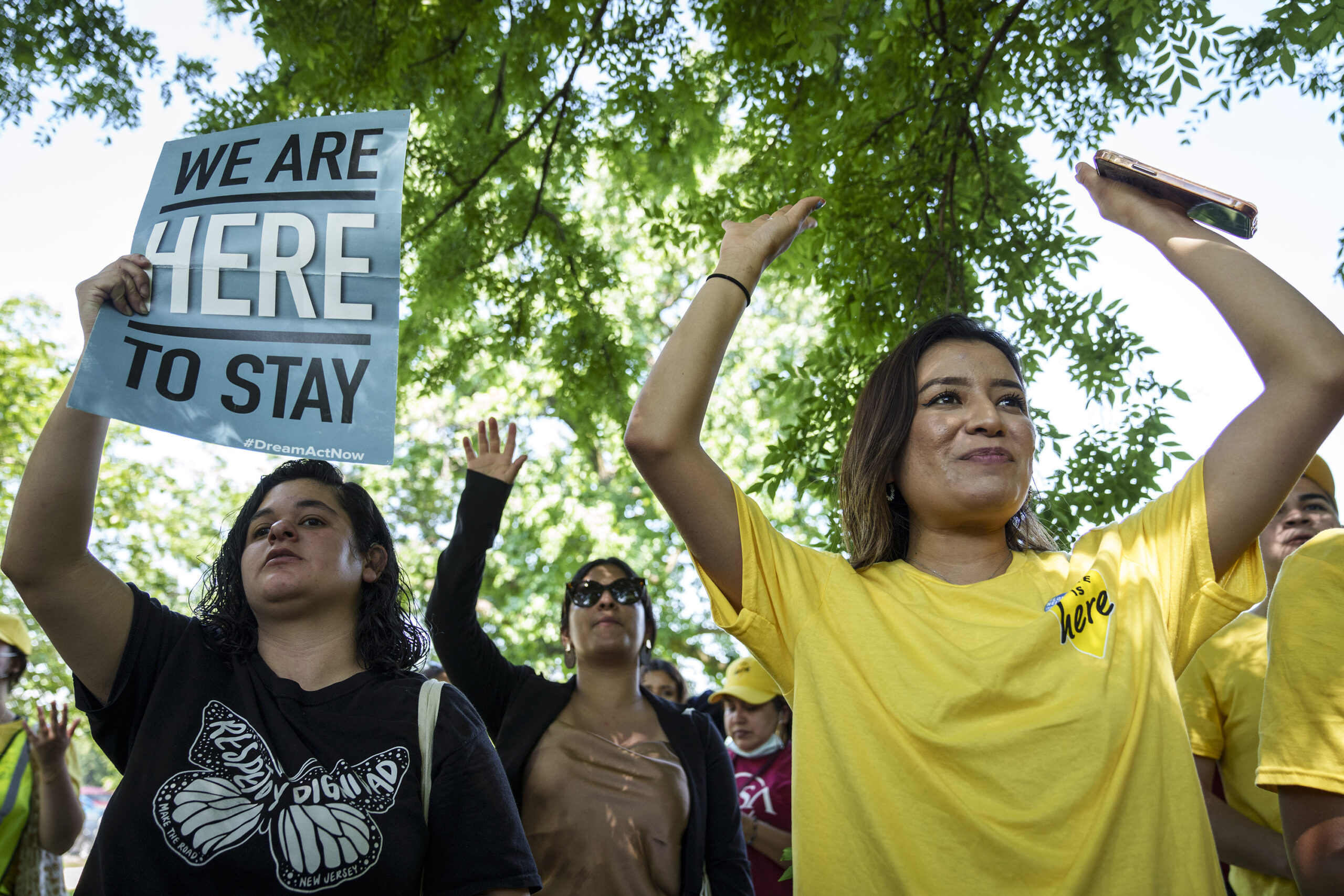UPDATE: Immigration officials have just announced that they will resume accepting DACA applications after a four-year hiatus, a significant development in an ongoing legal battle impacting countless immigrants. This decision allows those brought to the U.S. as children to once again apply for permits to live and work legally in the country.
However, the situation remains complicated. A recent ruling means that Texas will continue to block work permits for DACA recipients. This leaves many individuals unable to support themselves, forcing them into precarious positions despite having temporary protection from deportation. As the political climate shifts, this decision highlights the urgent need for comprehensive immigration reform.
DACA, established in 2012 under the Obama administration, was designed to provide temporary protections for immigrants who entered the U.S. illegally as children. Currently, over 500,000 immigrants are enrolled in the program, with Texas housing the second-largest group of recipients, after California. The average age of DACA recipients is now 31, indicating that many are no longer just students but are now parents, homeowners, and contributors to the workforce.
The recent developments underscore a long history of legal challenges that have left DACA in a fragile state. A new lawsuit filed in a federal court in Brownsville, Texas, signals that the battle over this program is far from over. Every two years, DACA recipients must renew their status, emphasizing the uncertainty that continues to loom over their futures.
Even former President Donald Trump, who previously sought to dismantle the program, has recognized the necessity for a pathway to citizenship for DACA recipients. Despite moments of bipartisan support in 2018 for legislation that could have granted permanent legal status in exchange for enhanced border security, political divisions have stalled meaningful progress.
The challenges faced by DACA recipients extend beyond legalities. Many are now deeply rooted in their communities, with families to support and careers to build. The inability to work legally in Texas not only affects individual livelihoods but also the economy at large.
As this situation evolves, it remains crucial for stakeholders to advocate for comprehensive solutions that provide stability for immigrants who have known no other home. The persistent uncertainty faced by DACA recipients is a reminder of the need for action and compassion in the realm of immigration policy.
What happens next? As DACA applications reopen, attention will focus on how Texas and other states respond to this announcement. Advocates continue to urge Congress to take decisive action to protect these individuals from living in limbo. The future of DACA recipients hangs in the balance, and the time for meaningful change is now. Share this urgent update to spread awareness about the ongoing struggles and rights of DACA recipients nationwide.






































































